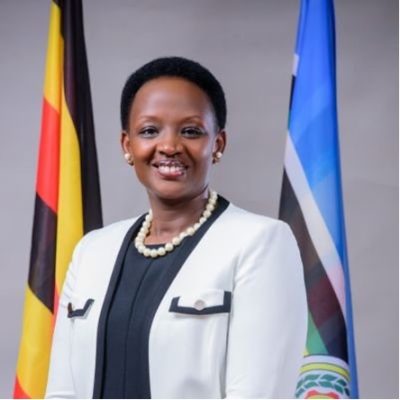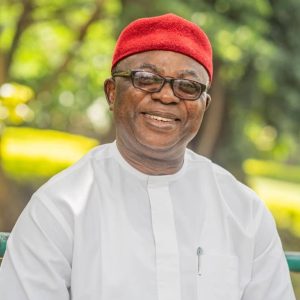The figures for international project financing show that developing countries including, Uganda still face a challenge in attracting funding for renewable energy projects.
There’s the matter of climate finance commitments that were made by the Global North, which Global South countries still need to fulfill. The challenge is that climate finance assistance toward Global South counties is often provided in the form of loans. This debt burden makes it difficult for countries in the Global South to take on new financing commitments.
This issue must be addressed by all stakeholders, otherwise the Global South countries will have difficulties in meeting a tripling renewables target by 2030.
Uganda engages in oil drilling, in which significant foreign capital is poured into. To meet national content quotas, international oil companies have been required to facilitate knowledge transfer and skills development for the majority of tasks in the upstream projects.
“If the renewable energy transition is to come forth in such a timely manner, it must have an equally compelling incentive structure. This is the work we are trying to accomplish through the many policy discussions we are having as Parliament of Uganda, both at an internal level and in the global partnerships we make.”
The climate governance regime in Uganda is promising. Uganda has a national planning document, the Vision 2040 which is aligned with the global renewables target 2030 and provides a framework for Uganda’s aspiration toward a ‘green economy.’ The parliament has been critical in the creation and enactment of the green growth development strategy 2017/18-2030/31 in addition to supporting all the international treaties. However, there is currently less focus on developing national legislation and ensuring effective implementation. This will be Hon. Shartsi Musherure primary objective in this second half of her term in parliament.
Hon. Shartsi Musherure points out that many people in Uganda are not fully aware of the serious consequences of increasing global warming. She also observes that the shift to cleaner energy is not seen as economically beneficial, especially because it doesn’t capitalize on Uganda’s natural resources, which reduces the motivation for change.






